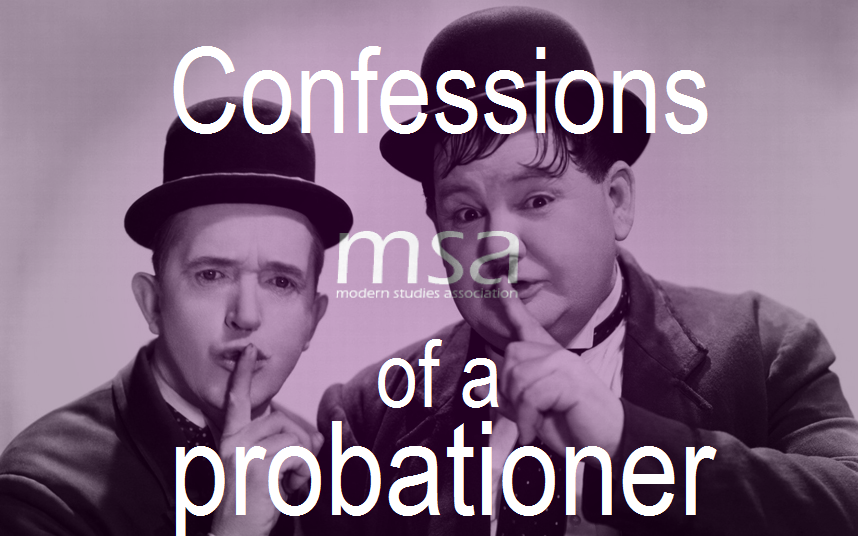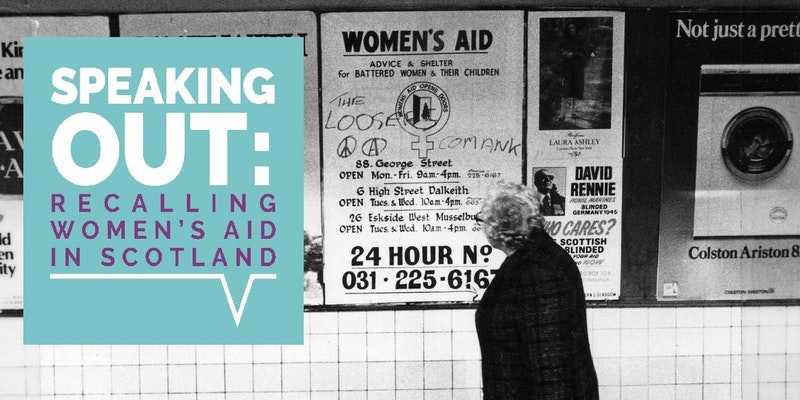

The Modern Studies Association (MSA) is proud to announce that as of today (31 August), we have surpassed what was our highest membership level on record.
As of this update’s publication, the MSA has over 450 members – all of whom are current Modern Studies Teachers, working in schools the length and breadth of Scotland.
Founded in 1971, the MSA aims to provide Modern Studies Teachers with advice, collaboration, support and opportunities to participate in CPD events, membership of the MSA is completely free.
Once signed up, MSA members can expect to receive regular news updates, invitations to CPD events such as Annual Conference and a login to a Members’ Area with hundreds of ready-to-use resources.
Anybody wishing to join the MSA can do so by clicking this link and filling in the form.

Having gotten my first week of ‘real’ teaching out of the way and under my belt, I felt it best to share some advice that upcoming Modern Studies probationers might find useful.
Pre-Summer: Visit your school before the start of the Summer holidays and find out what topics each of your classes will look at, and where they will be when you pick up the lessons. Try to get copies of lesson materials for your reference.
During Summer: Enjoy Teacher’s New Year. Take the holidays off to unwind and relax. Get your mind off of teaching and begin to think about yourself for a short while.
End of Summer: Take time in August to prepare. Taking time in the two weeks preceding the start of the new school year will save you no end of issues when you start. Consider buying a Teacher’s Planner to structure your lessons.
Day one: Day one is important. Usually, day one is an Inservice Day, and this day offers you several opportunities. You’ll meet your new colleagues and soak up some great CPD. Enjoy it and take the settle to settle into your new surroundings.
Day one: Find your way around. It’s important to know where in your classrooms materials are kept. Knowing where the new jotters and key supplies are is always a must. Of course, knowing the school estate is good too – you’ll find an appreciation for the pupils who, upon occasion, might have to travel one the opposite end to your classroom.
First day of teaching: Nerves are good. Always remember that all teachers are constantly learning, so being nervous is never a bad thing. Once the first class is over, the nerves will subside.
First week: Download and work through the GTCS New Starter Checklist. This checklist can facilitate great discussions between you and colleagues, and you will quickly find out more about your school.
First week: Speak to colleagues you can trust. Teaching is never the same; every pupil in every class is different every time you see them. The sands upon which our career is founded are eternally shifting. Therefore, seeking support and advice can always be a great help.
First week: Have time for yourself in the week. Whether it’s each night, one weeknight or the whole weekend, build time into your schedule to relax.
Have you got a reflective article you’d like to submit? Click here to find out more about the submission requirements.

So I’m four days in to actually teaching my own classes now (its alot easier without someone breathing down your neck that’s for sure!) and I feel a sense of empowerment and liberty. One thing I am finding difficult to grasp or at least get my head around is teaching an integrated course which incorporates all three social subjects as opposed to teaching your own subject in a rotation.
The thing I am finding most difficult is teaching a subject that I know nothing about (i.e Geography), even if I am looking over the lessons and doing my own research. To an extent I feel that I am short changing students as I may be unable to answer any questions that a specialist may be able to answer. Though as I said I’ve only been in the classroom for four days, it may (and hopefully will) change over the next few weeks.
Have you got a reflective article you’d like to submit? Click here to find out more about the submission requirements.

A free CPD conference focusing on teaching the European Union and the UK’s exit from the European Union is set to come to Scotland.
Entitled ‘Teaching the European Union and Brexit with Confidence’, the free conference has been organised by Active Citizens FE, on behalf of the European Parliament UK Office, working in collaboration with The Association for Citizenship Teaching (ACT).
In addition to the conference being free to attend, teachers can have their travel expenses paid for.
Aimed at school and college staff who deal with students between the ages of 11 and 18 years, the conference is an opportunity for teachers to learn more about the issues arising from Brexit, as well as gather examples of good practice on how to teach both Brexit and the EU with confidence.

Are you a Modern Studies probationer? If the answer is yes, we want to hear from you.
The Modern Studies Association (MSA) is proud to announce the soon-to-be launch of ‘Confessions of a Probationer’ – a series of anonymous updates from Modern Studies Probationers the length and breadth of Scotland.
Each update will be completely anonymous, not mention any names (including names of schools or local authorities), and will provide you with an opportunity to highlight good practice, promote helpful resources and share advice with others who might be progressing alongside you, or looking to become a Modern Studies Teacher.
As part of the new project, you are invited to submit as many – or as few – updates as you wish through our website. Your update will then be published in due course, provided that it meets the criteria below (you’ll have to login to view it).

Later this month, the Speaking Out Project (a Heritage Lottery Funded project that is recording and celebrating the 40-year history of Women’s Aid in Scotland) will launch their new learning resource, aimed at young people in secondary education.
At the launch on August 29th, the Speaking Out Project will unveil their new resources which are aimed at engaging young people with the issues of gender inequality and domestic abuse, as well as activism concerned with – and the history of – Women’s Aid in Scotland.
The resources have been developed with secondary school education in mind, and have been designed to achieve CfE Level 3 and 4 Outcomes for Social Subjects. They will also fit the National 5 Modern Studies curriculum. The lessons and activities are also of benefit to more informal education settings.